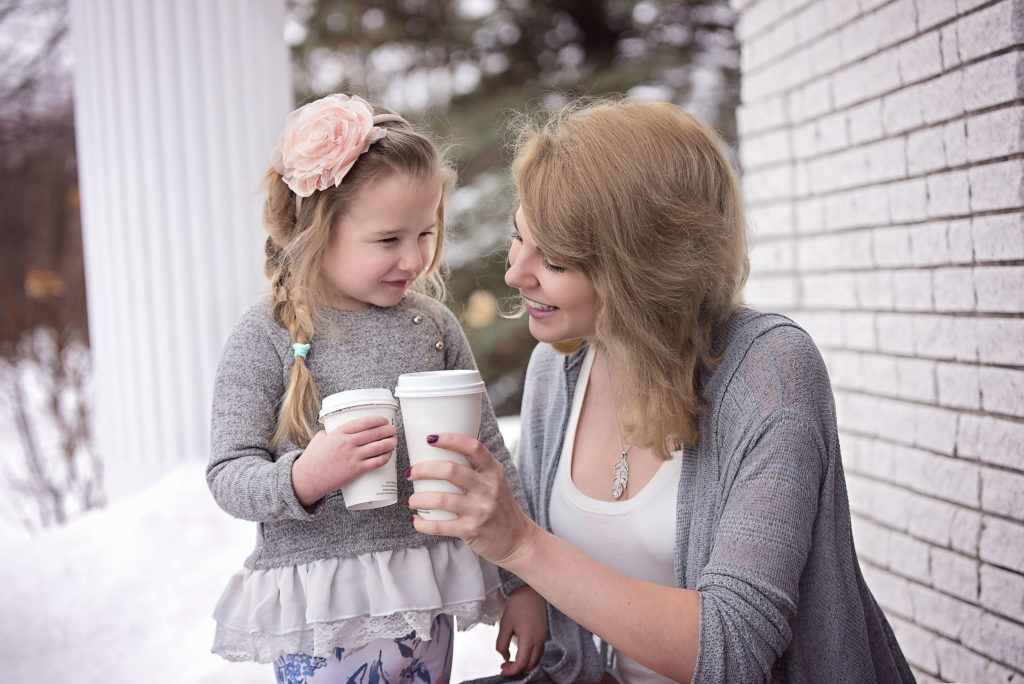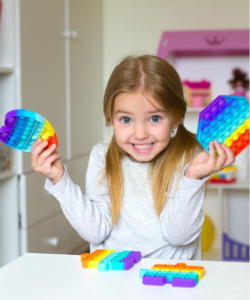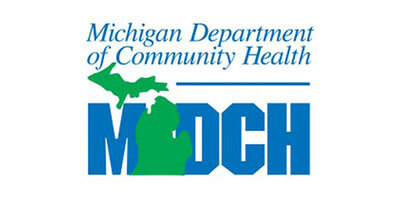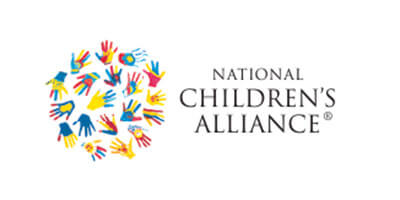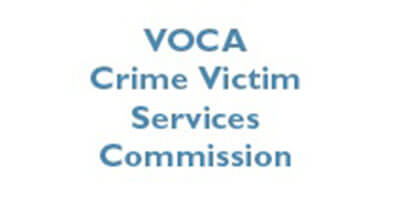Throughout my experience at the Child Advocacy Center, I’ve seen kids and teens experience and show signs of trauma differently, especially depending on their age. A lot of times parents tell me they begin to notice these abnormal behaviors before any disclosure of abuse or trauma is made, but they brush it off, or attribute it to something else. This is of no fault to them; I tell parents all the time that there’s no real guidebook giving them a solution to every problem or scenario that comes up, and no parent ever expects their child to be subjected to abuse or harm. In fact, most of the parents I meet with do everything in their power to protect their kids and raise them with every good intention. That being said, it does help to be informed and know what to look for when your kid’s behavior seems “off.”
While reading through this list of symptoms, try not to go looking for a problem where there may not be one. Remember that kids are kids and teens are teens, and sometimes they all act a little weird. Just because they’re showing some of these signs does not mean they were in fact abused. It could be due to changes at school, changes at home, them going through a “phase,” or like I said, maybe they’re just going through normal kid or teenager stuff. You know your kid better than anyone, so read through the signs, be informed, and if you have a weird gut feeling that something has happened, then trust that weird gut feeling and have an open conversation with your kid or teen about it.

I broke down the signs into age groups and am going to try and keep it as simple as possible, but here’s the list of things to look out for:
Age Birth to 5
- Significant sleeping and/or eating changes
- Withdrawal from family and friends
- Significant separation anxiety
- Inconsolable crying
- Regressing to baby talk or animal noises
- Intense worry and anxiety
- New and excessive fears
- Increased aggression and anger
- Impulsive behaviors
- Wetting the bed after being potty trained
Age 6 to 11
- Nightmares or waking up throughout the night
- Aggression
- Difficult time making/keeping friends
- Difficulty concentrating in school
- Appears to be more distant/isolating themselves
- Avoiding school
- Wetting the bed or peeing in their pants throughout the day
Age 12 to 18
- Antisocial behavior
- Bad grades or failing in school
- Impulsive behavior
- Reckless behavior
- Truancy
- Substance abuse
- Running away
- Violent/Abusive relationships
- Depression
- Anxiety
- Withdrawal
The rest of these symptoms are trauma signs that can show up at any age:
- Flashback memories and/or talk of the traumatic events
- Bad dreams/nightmares
- Fear of dying
- Obsession with death
- Loss of interest in previously enjoyed activities
- Frequent headaches/stomachaches
- Trouble falling asleep and/or staying asleep
- Difficulty concentrating
- Constant clinginess or whiny behavior
- Seems to constantly be on guard
I’ll say this often, but it is so important for you to create a safe environment for your kids to feel comfortable having hard conversations, or at least have a trusted person they know they can talk to. For me, it was my grandma; my mom always told me growing up that if there was ever something I couldn’t say to her, to call my grandma and I could talk to her about anything. As a kid, it was reassuring to know that I had a safe person to talk to, even if it wasn’t always my mom.
If you read through this list and have a weird feeling that something may have happened to your child, you need to create that open dialogue with your kid or teen. This doesn’t mean interrogate them or question them as if something happened, but have an open conversation about body safety, healthy relationships, and the types of behaviors and touches that are not allowed. If you or your child have any questions about what the true definition of sexual abuse entails, check out our post from last week, “Is this Sexual Abuse?”
For more information on signs of trauma, give us a call, or check out The National Child Traumatic Stress Network for additional resources.

